Climate and Ag in the news
-
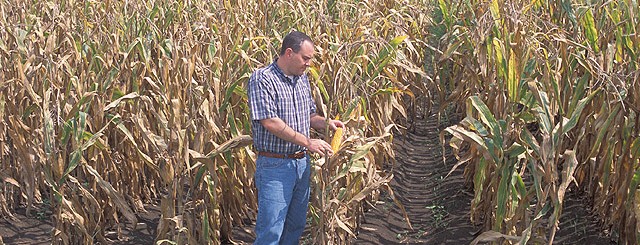
The heat wave that has been affecting Europe for the last few weeks has had very bad impacts on crops and farmers in the region. In addition to the heat, they have experienced extremely dry conditions there (of course, the two are related), with France experiencing its driest July on record. Here is a recent…
-
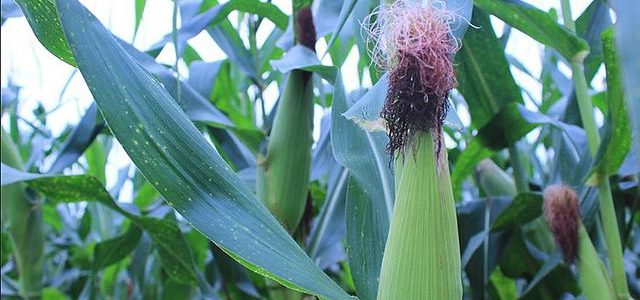
When I lived in Wisconsin and the summer weather turned exceptionally hot and humid, we always blamed the cornfields in Iowa for the high humidity. In fact, we were right! The Corn Belt puts a lot of water into the air as all those corn plants transpire water into the atmosphere. In fact, if you…
-
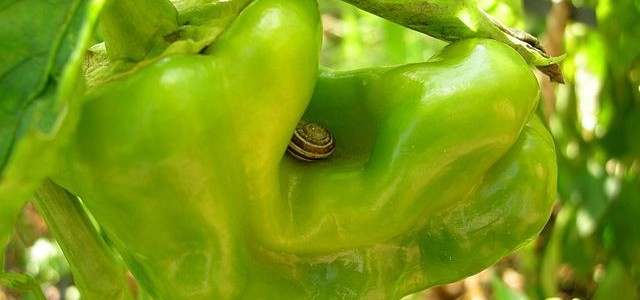
The Specialty Crop Industry newsletter posted a story this week by Clint Thompson describing some of the negative effects of the recent heat wave on vegetable crops in Alabama (and by extension, most of the rest of the Southeast as well). Sunscald was seen on some watermelons, and the high temperatures sped up the tomato…
-
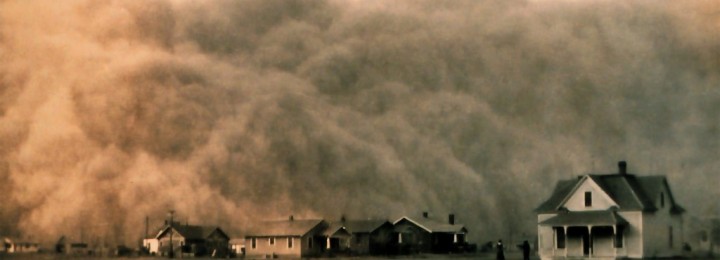
I bet most of you have heard from climate skeptics that the Dust Bowl was hot as if this somehow proves that climate change is not happening. My UGA colleague Dr. Marshall Shepherd wrote a good blog post about this earlier this week. This is his response to that argument: https://www.forbes.com/sites/marshallshepherd/2022/06/20/the-dust-bowl-thenclimate-change-now-argument-deconstructed/?sh=474b276d90c4
-
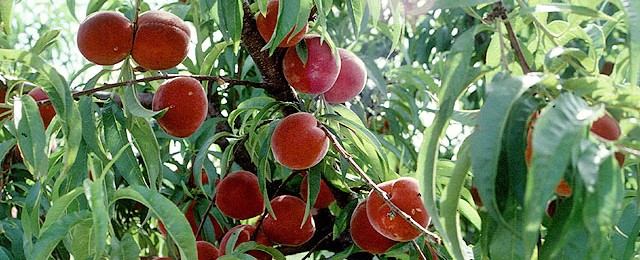
You might remember last spring that we had accumulated enough chill hours early in the winter that fruit trees and bushes were ready to bloom as soon as a warm spell came. And then a couple of late frosts destroyed a significant number of the blooms and young fruit after they flowered. The effects of…
-

Today is the 25th anniversary of the infamous Fort Collins flash flood, which was the impetus for starting CoCoRaHS (Community Collaborative Rain, Hail & Snow Network). Fort Collins has a semi-arid climate, but rare tropical downpours lingered over the city during the beginning of the annual monsoon season, bringing nearly 15″ of rain in just…
-
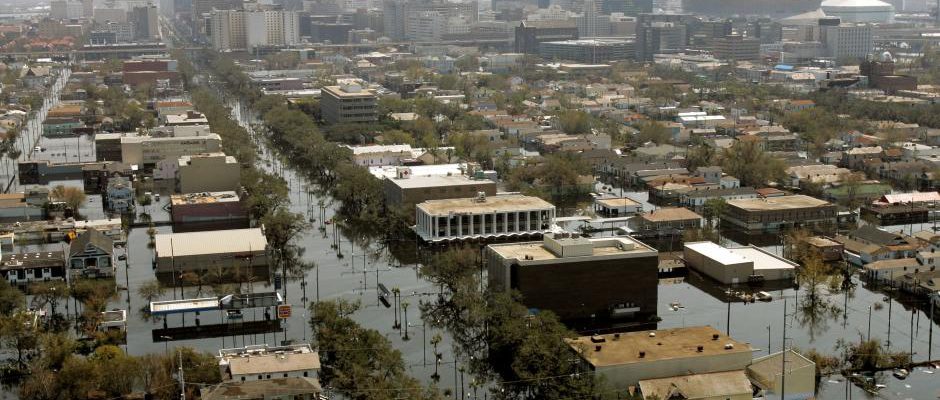
Here is an interesting story from Crosscut describing how libraries are becoming centers of shelter for people in communities faced with extreme weather conditions. Many of the libraries are not designed for this usage, and librarians are not trained to deal with the influx of people that may need respite from extreme heat, cold, or…
Posted in: Climate and Ag in the news